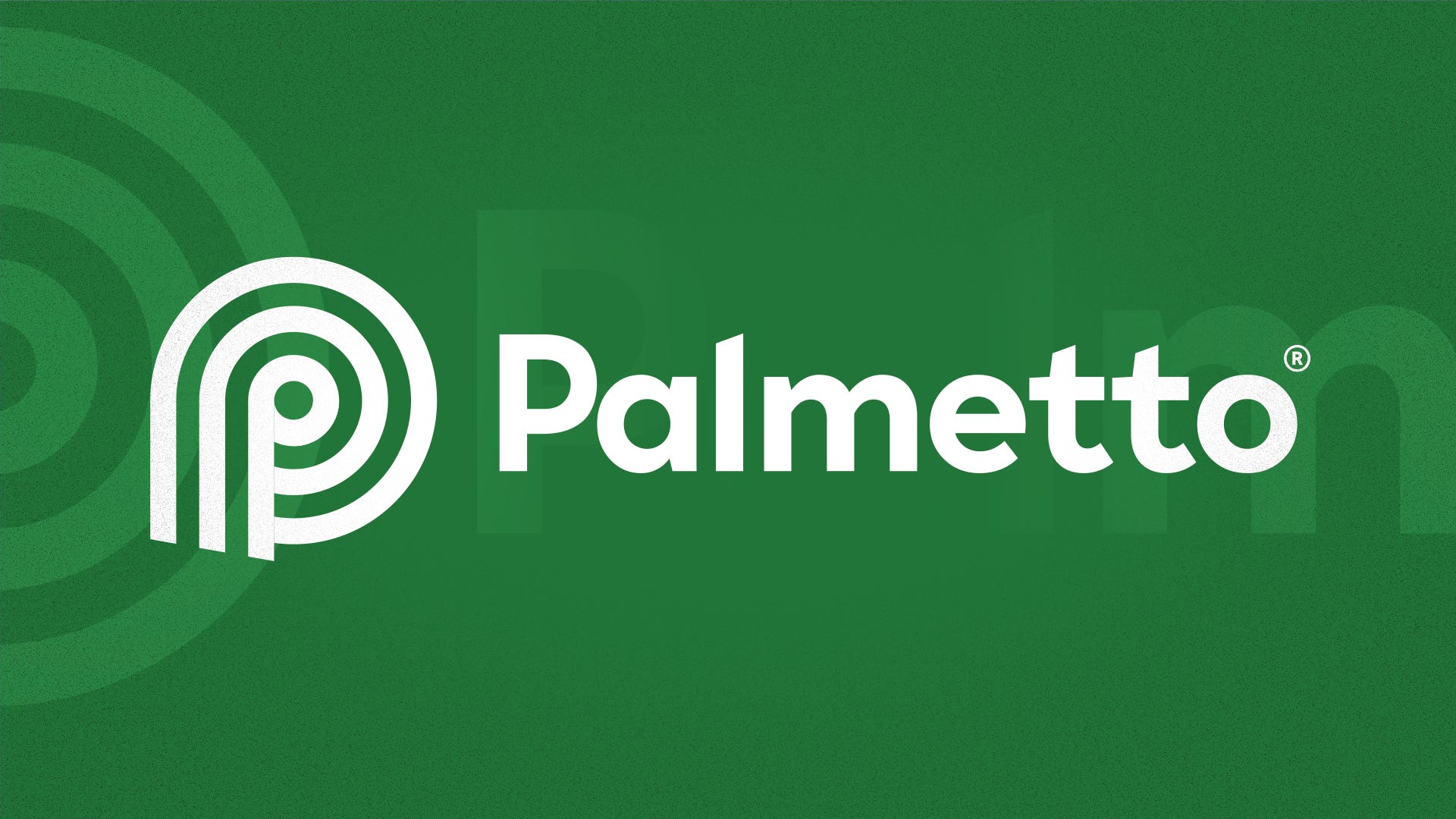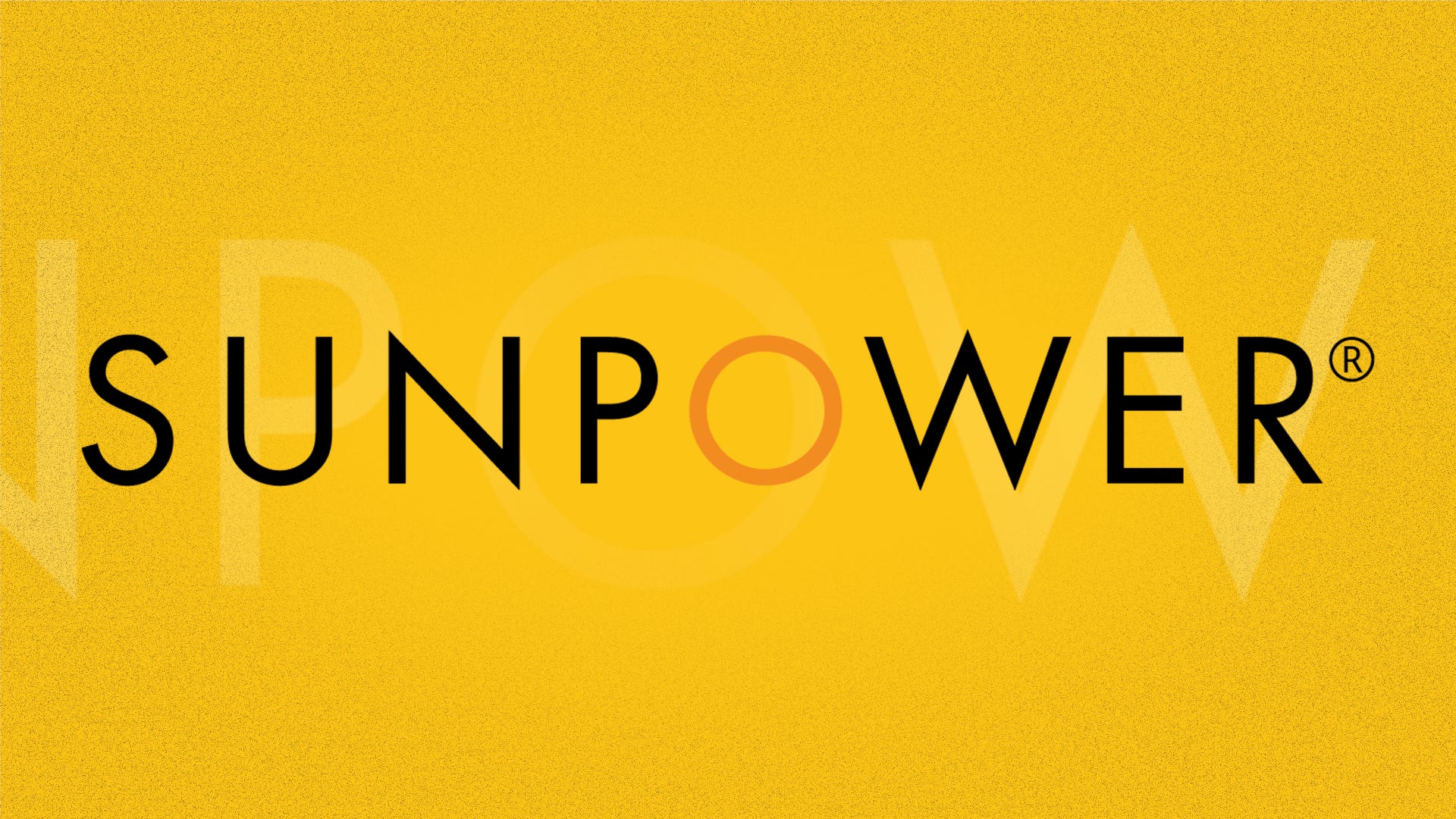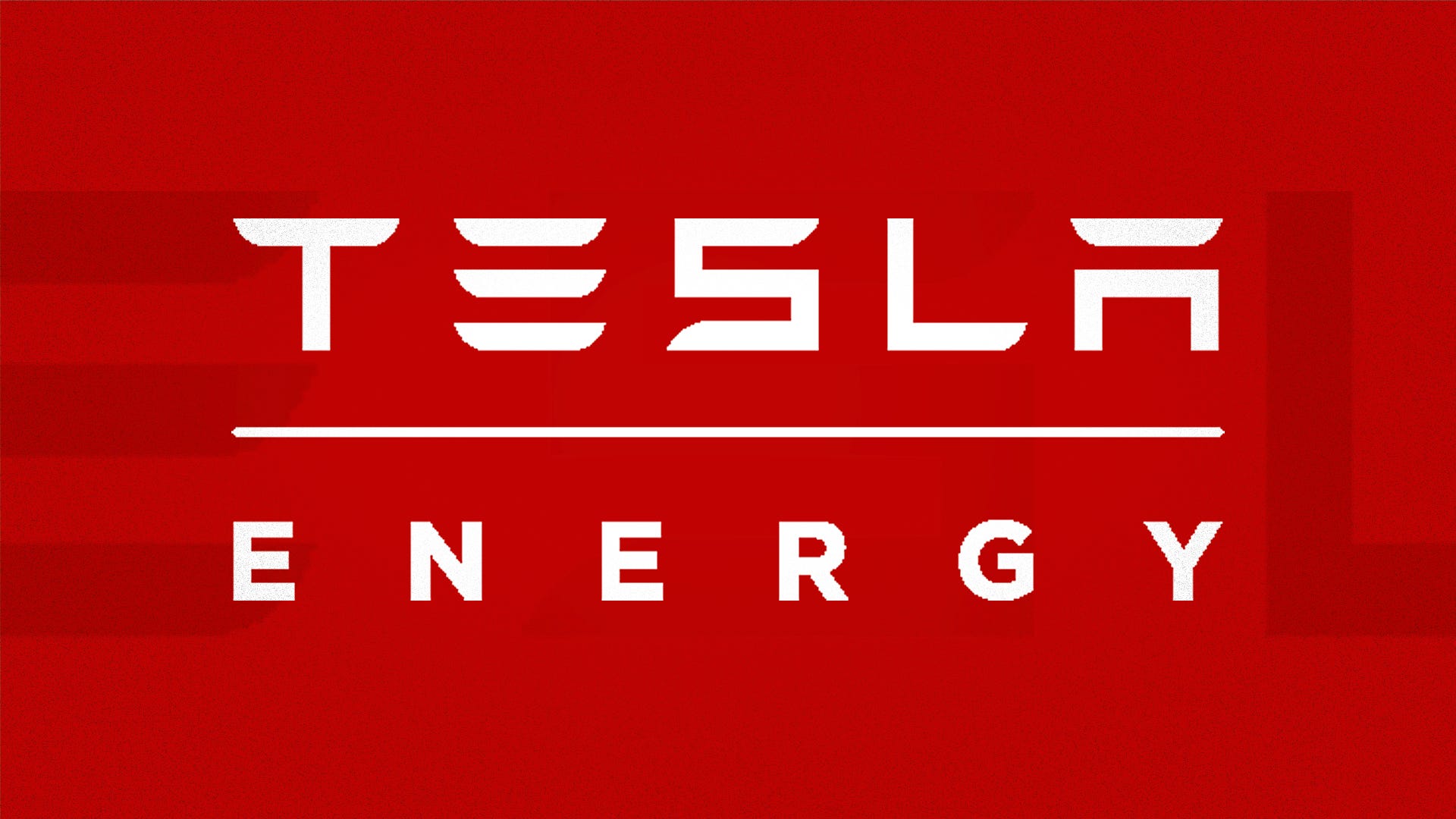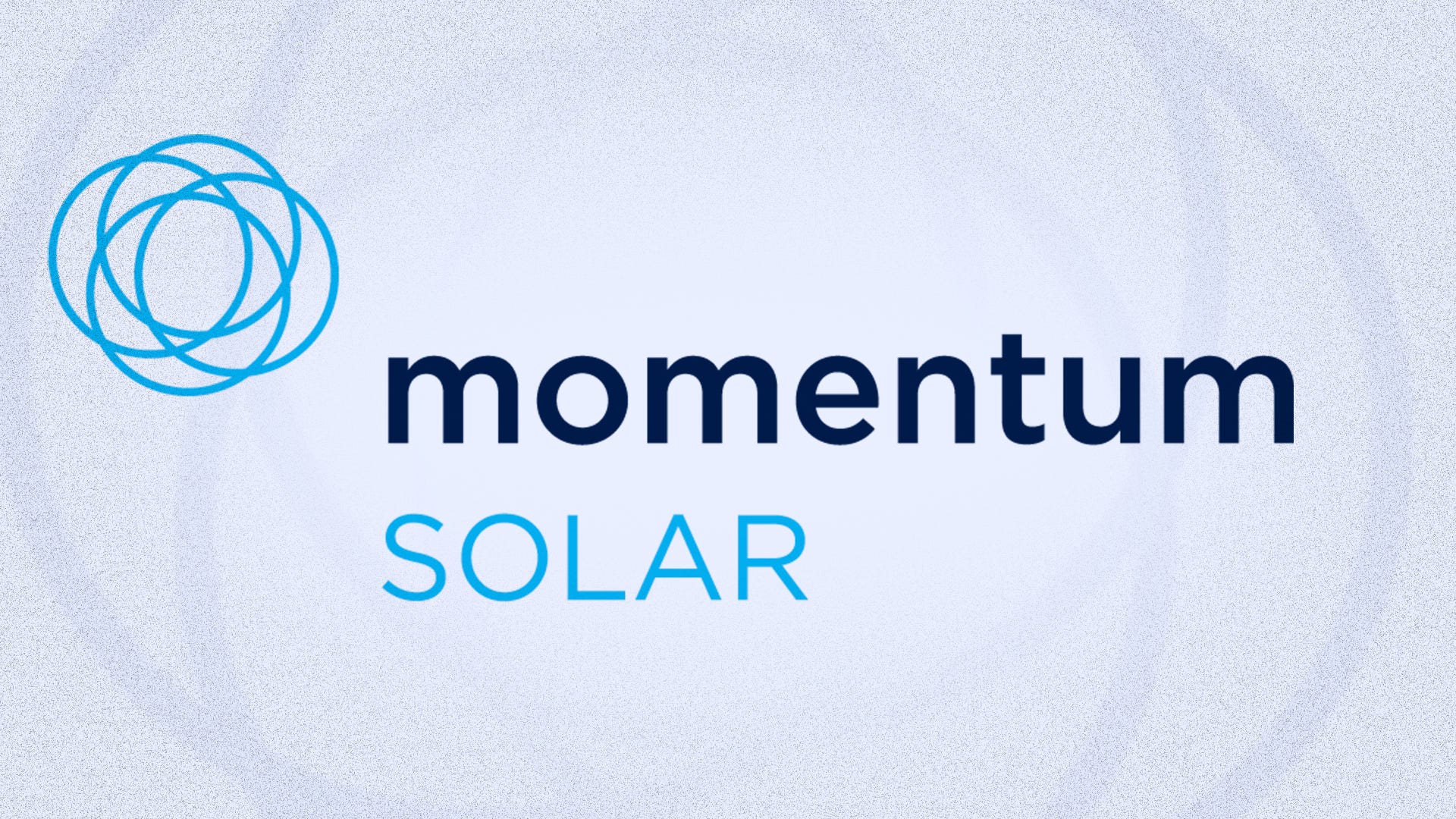New York is one of the best places to go solar and it is now generating 20% of its total energy from the sun. In addition to a major federal tax credit introduced in the Inflation Reduction Act, the state’s climate mandates have launched a bevy of rebates, tax incentives and low-interest loan programs to lift the financial burden of solar installations.
New York residents are eligible for a 100% sales tax exemption on their solar panel system, which might ease the financial burden of taking on a rooftop solar project and shorten your solar payback period. Additionally, the state has net metering policies to help homeowners investing in solar during months with less energy generation.
Here are the best solar installers you should be taking a look at if you are thinking about investing in solar panels in New York.
Best national solar panel companies in New York

Palmetto Solar
Best overall
Solar panels are typically low maintenance equipment, but they’re also unfamiliar. If you want to reap the benefits of solar but will have a bit more peace of mind if someone else is making sure it’s working, Palmetto might be a good fit for you. Just remember to add the cost of Palmetto’s monitoring service in to your payback period calculations.

SunPower Solar
Best solar panels
If you’re looking for top-of-the-line solar panels, SunPower is your best choice. But don’t write it off if you’re looking for a less flashy installation that will get the job done. This year it started installing Qcells panels, which should make an installation from the longest-tenured company on our list available to more people.

Tesla Solar
Most affordable
Tesla’s solar branch seems to be the least loved of Elon Musk’s ventures. Even Tesla’s Solar Roof seems to get more love.
If price is the thing you won’t budge on, consider Tesla. By all accounts, Tesla installs quality panels and makes the closest thing there is to a household name in solar storage: the Powerwall.
Where you might miss out is customer service. Discussion online seems to suggest Tesla’s service is a bit of a gamble.

Momentum Solar
All in-house installers
Momentum installs in 11 states without using subcontractors. While using in-house installers doesn’t guarantee a better experience, it does suggest you’re likely to get a more uniform experience from Momentum. The fact that Momentum backs its installations with a 25-year workmanship warranty hints at a strong belief in its crews’ ability. If Momentum is part of your search, consider the warranties against leaks that other companies offer. Momentum’s is five years, which isn’t the best.
Local solar panel companies in New York
Solanta installs solar panels, batteries and EV chargers for residential customers. As a New York-based solar company, it can help you navigate local permitting requirements, apply for state incentives and receive customized expertise for your home. The company offers financing and leasing options to customers. Solanta gives you a 10-year quality of work warranty — lower than competitor warranties.
SUNation Energy is a New York-based installer of solar panels, batteries and EV chargers. The company also offers post-installation energy monitoring services, annual inspections, solar pest guards and solar snow guards. According to SUNation Energy, it doesn’t outsource its installation work or charge hidden fees for its customers. SUNation Energy provides a 25-year product and quality of work warranties. It offers financing options through several banks and credit unions. It’s unclear if it offers leasing or power purchase agreement options.
How to determine which solar company in New York is best for me
It can be overwhelming to sort through the hundreds of solar installers in New York and choose the right one for you: it doesn’t have to be. Here are some tips for navigating the process:
- Read reviews and complaints: When evaluating public feedback on a certain installer, look for common themes or trends that come up in reviews.
- Talk to your neighbors who have solar panels: The people you know who’ve already installed solar panels can be a great resource. Seek them out to learn more about their first-hand experience with an installer.
- Check licenses and certifications: NYSERDA maintains a list of preferred contractors that can be a great starting point.
- Get multiple quotes and compare: You’ll want to consult at least three installers before you make any decisions.
- Assess potential cost savings: The solar installers you seek quotes from should also help you understand the potential energy cost savings of a solar system. You can also compare electric grid prices to solar energy prices.
Average cost of solar panels in New York
Your first question is probably how much it would cost to install solar panels. Well, it’s complicated.
“It’s a very considerable range,” said Shyam Mehta, the assistant director of distributed energy resources at the New York State Energy Research and Development Authority (NYSERDA). He says that solar panel installation costs depend on where you live, how big the system is and which solar installer you’re working with. “If you bring a loan into it, the cost goes up,” Mehta said, because of the fees and interest attached to that payment option.
Here’s a look at the average cash price for an average solar panel system in New York state before factoring in tax credits and incentives, according to data from FindEnergy.com. National average data is on display for comparison. Expect to pay even more if you get a system with a solar battery.
Average cost of solar panels in New York
undefined
| Typical system size (kW) | Price per watt | Total installed cost | Cost after 30% federal tax credit | |
| New York | 5 | $3.65 | $18,250 | $12,775 |
| National average | 8.6 | $3.67 | $31,558 | $22,091 |
The map below also pulls data from FindEnergy.com to display the state data for total cash price, cost per watt and system size for solar panel systems across the United States. Prices shown don’t factor in state incentives or tax credits. States without FindEnergy solar data are grayed out on the map.
New York solar panel incentives and rebates
An important law passed in 2019 mandated that the state generate all of its energy from renewable sources by 2040.
“That is guiding what we do at the state, and it’s guiding the evolution of the market,” Mehta said. “We’re going to see further acceleration — hopefully — over the next decade and two decades.”
As it so happens, New York’s many agencies have taken this legislation as a green light to offer a wealth of programs that offset the cost of solar installations.
Most of them fall under the NY-Sun program, which is run by NYSERDA. The incentives available vary depending on the project specs, Mehta said, but you can find out which you qualify for by working with a solar contractor.
For households earning less than 80% of the area’s median income, the NY-Sun incentives are even more generous but require an eligibility application and the completion of certain low-cost energy efficiency upgrades.
On top of that, the state’s solar tax credit allows you to deduct 25% of the cost of a solar installation, up to $5,000, from your state income taxes.
That’s not all. Here are some of the other incentives available in the state:
- New York sales tax exemption: Buying your residential solar system in New York can qualify you for a 100% solar sales tax exemption. You can claim the tax exemption when filing your state tax returns.
- Net-metering: Net metering lets you send your extra solar generation back to the grid and receive credits on your electric bills. Under New York’s modified 2020 net metering policy, if you plan to install solar panels in your home, you can receive a full retail rate for every kilowatt-hour of electricity you send to the grid. You must pay a monthly customer benefit contribution charge, which is based on your solar system’s capacity and varies by utility. The charge can range from $0.69 to $1.09 per kilowatt, per month.
- Federal tax credit: The residential clean energy credit, a solar tax credit program, is a federal solar incentive that lowers your federal tax burden by allowing you to claim 30% of the cost of a solar system on your taxes. The 30% credit is valid between 2022 and 2032. After that, it will fall to 26% in 2033 and 22% in 2034, ending in 2035 unless extended.
“If you take full advantage of all of the incentives, it really significantly brings down that upfront cost, in some cases to zero,” Mehta said.
Even if it doesn’t get quite that low, you can also finance the balance of the project through state programs that offer lower interest rates. Some allow for “on-bill” recovery, which uses the savings in your electricity bill to pay back the loan.
Solar financing options in New York
Let’s say you’ve got a few estimates for a solar installation, but you’re still not sure how you’re going to pay for it. Well, New Yorkers have a few options.
Cash: Buying your solar system with cash will allow you to bypass any interest or loan fee payments and instantly begin saving on electricity costs. Using cash to pay for solar panels requires substantial amounts upfront. Owning a solar system saves you more money in the long term over leasing or power purchase agreements. The average payback period for purchased solar panels is six to 10 years.
Financing: A solar loan is a great option if you can’t afford to buy solar panels outright. The advantage of a loan is that you don’t have a substantial upfront cost and will pay your loan back each month. Fees and interest attached to the loan will be additional costs on top of the principal payment.
Leasing: When you lease solar panels, you enter a long-term contract with a solar company. The leasing company will install a solar system on your home, charge you a fixed monthly amount for using the electricity from the panels and retain ownership over them unless you want to buy out the system in a specified period.
Power purchase agreement: Under a power purchase agreement, a solar developer installs solar panels on your property and charges you a fixed price per kilowatt-hour for the energy generated by the panels over a long-term contract. Similar to leasing, the solar company owns the solar panels and receives all incentives.
What sets New York apart from other states
New York has been offering tax incentives and other rebates to encourage solar adoption for decades, but the boost in the last few years is really what distinguishes it from other states.
In the wake of 2019’s Climate Leadership and Community Protection Act, state agencies have gone full speed ahead on making it easier and cheaper to install solar. “The breadth and depth of the state support for solar energy” sets it apart, Mehta said.
Not only have financial incentive programs been expanded, but rules and regulations around solar have been streamlined, with added consumer protections. That’s not just for residential rooftop solar, but also for commercial, industrial and community solar, according to Mehta.
All of these changes are being made with an eye toward equity too. “We’re prioritizing that assistance to the people who have the highest energy burdens” and those who are least likely to be able to afford a solar installation, Mehta said.
That’s another area where New York stands out: It’s No. 1 in the build-out of community solar projects. “Not everybody can actually [install] solar on site, on their roof,” Mehta said. “That’s where we really excel, to work on providing this option. You can subscribe to the output of a solar project that’s located nearby.” Residents who enroll in this setup are guaranteed savings on their electricity bills.
If all goes according to plan, these solar initiatives will go a long way toward decarbonizing energy production in the state. “We’re really trying to build a market that’s sustainable, that continually scales,” Mehta said.
Installation factors to consider
While solar panels can be an attractive investment, especially with rising electricity costs, it’s worth mulling over various factors to determine if solar is the right choice for you. Among other differences, some solar panels are more efficient than others.
- Roof condition and pitch: Your roof’s pitch can make a solar investment easier or harder. Determine whether your roof has the correct pitch to produce enough solar energy. According to the US Department of Energy‘s estimates, a 15- to 40-degree angle is optimal for solar panel efficiency. Speak with a professional solar installer to determine whether your roof has enough space for solar panels or if it needs to be repaired or replaced before attaching panels.
- Insurance coverage: Including your solar system in your homeowner’s insurance policy can give you peace of mind. It has added protection in case of an unforeseen natural disaster. Ask your insurance company if your policy will cover the solar system and add it to the insurance once the installation is complete.
- Investment vs. time: Most solar projects make sense as long-term commitments. If you think about selling your house in a couple of years, tying yourself to an expensive investment before it pays itself off may not be prudent.
- Renting vs. owning your home: If you rent your home, you must get permission to install solar panels on your rooftop. Investing in solar panels in a rented house may not make sense since you don’t own it and may need to move in a few years. The best way for renters to go solar is to join a community solar program.
How we found the best solar panel companies
The companies we listed above as “the best” are curated from CNET’s best solar companies list. Companies making the best list are scored on the equipment, warranties and customer service they offer. Then, we make sure these recommendations are available in your state. You can read a full breakdown of how we review solar companies here.
Companies listed under the local installers were chosen in a less rigorous way. We chose them because they offered something unique or notable to customers in the state, they seemed well-regarded by internet reviewers or because they were one of the few installers we could find information on in the state.
Whether we’ve completed a full review on a company or not, it’s always a good idea to get multiple quotes from different installers before choosing a company.
New York solar FAQs
How can I find a solar installer in New York?
Finding the right installer from dozens of solar installers in New York can be overwhelming. To start your search, look through the profiles of several solar companies operating in New York, go over customer reviews, search for any lawsuits filed against the companies, get multiple quotes from various installers and choose an installer with at least three years of experience and the necessary licenses. CNET’s pick of the top solar companies can be a helpful resource to narrow down your choices.
Should I fix or replace my roof before installing solar panels?
Solar panels are designed to last for at least 25 years. Your roof must be able to support your solar panels for that long. Consult with a reputable professional about your roof’s condition before installing solar panels.
What should I do if my solar system has problems?
If you need help with your solar system, contact your installer. Improper installation can be one of the problems. Only your installer can help you determine that. Many solar systems have an online monitoring program to track their production data. Your installer can diagnose a problem by looking at the monitoring data and finding the best way to address the issue. If an installer needs to come to fix the problem in person, it’s important to check if the labor warranty will cover the cost.




















+ There are no comments
Add yours